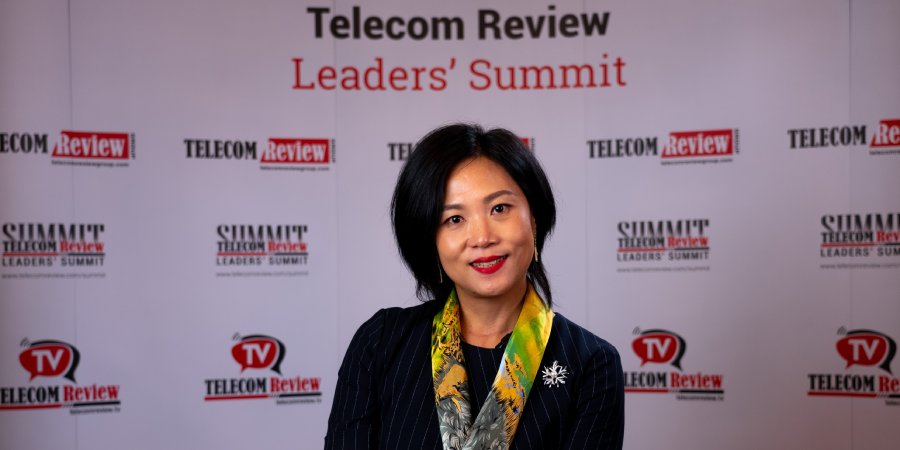In an exclusive interview with Telecom Review during the 18th edition of the Telecom Review Leaders’ Summit, Summer Chen, Vice President and General Manager of Branding and PR Strategies, ZTE, highlighted the company’s initiatives and strategies to advance network technologies.
Driven by rapid technological advancements, what cutting-edge innovations are currently underway at ZTE?
There are many innovations ZTE has been involved in. To enhance performance, ZTE has achieved industry-leading commercial speeds in Istanbul. Through our collaboration with Turkcell, we reached speeds of up to 32 Gbps in a 5G-Advanced (5G-A) trial.
Adhering to the same precise sensing, ZTE constructed network coverage from land to air, utilizing ATG and NTN technologies. Leveraging ATG technology, we achieved 300 kilometers worth of coverage (up to 800 Mbps) in a single base station. This cutting-edge innovation focuses on our customers’ requirements, and we embed this kind of innovation within technical solutions.
What are ZTE’s strategic priorities in the next five years?
Considering our future strategy, ZTE will enable digital economies, focusing on four aspects: networks, computing power, devices, and new energy.
ZTE will focus on the mobile network, building a fiber network as an evolution of the mobile network in the future.
In terms of computing power, artificial intelligence (AI) is the future, making it fundamental. ZTE provides the computing power required and combines it with connectivity abilities. ZTE also focuses on the data center server. We have large language model (LLM). We are offering these kinds of capabilities to various industries.
In terms of devices, ZTE is not only providing individual devices (like smartphones) for customers but also smart home devices.
Lastly, new energy not only encompasses energy applications; it also includes energy storage and digital energy management systems. ZTE focuses on digital infrastructures, integrated connectivity, computing, intelligence, and growth solutions.
We offer all these capabilities to our customers and have joined hands with our collaborative partners to enable a brighter future.
In your opinion, how will AI reshape the future of the ICT landscape?
AI is a buzzword. Considering the ICT aspect, there are common commons; as in, there’s ‘AI for network’ and ‘network for AI.’
In the ‘AI for network’ niche, ZTE serves as an infrastructure solutions and manufacturing vendor. AI will benefit the whole network’s capability for customers. We are using AI as a tool to manage all capabilities to enhance the best benefits for customer applications, according to different scenarios. AI will help the network offering with suitable capabilities, such as speed, low latency, and bandwidth, combining all connections. This will enable the best performance according to our customers’ application or demand. Maintenance and operation are important for ‘AI for network’ success. With the network becoming more complex than ever, ZTE aims to build an autonomous-driven network. Using AI, the network will be easier to maintain, with fewer human resources involved.
In the ‘network for AI’ niche, we are focusing on different scenarios and places, with the network meeting the demands. We are using AI to build in-the-cloud and at-the-edge, equipping our own devices with the necessary computing and connectivity. ZTE is also using smart innovations in base stations. For example, we are using a GPU card in the base station, offering edge-computing power. This highly efficient AI application is a good choice to opt for when sampling ‘network for AI’ capabilities.
In general, AI has changed the ICT landscape. AI has the capability to influence the whole society and change the lives of everyone.
ZTE at TRS-24: ZTE Recognized for Digital Transformation Leadership in 2024





